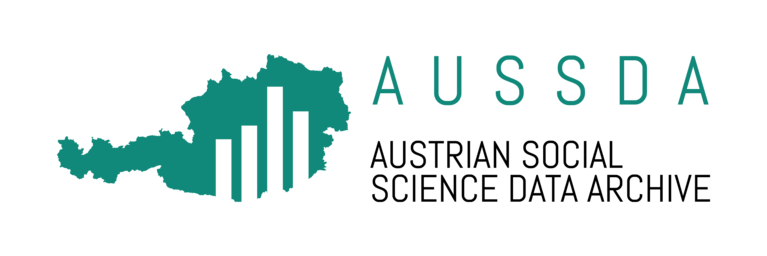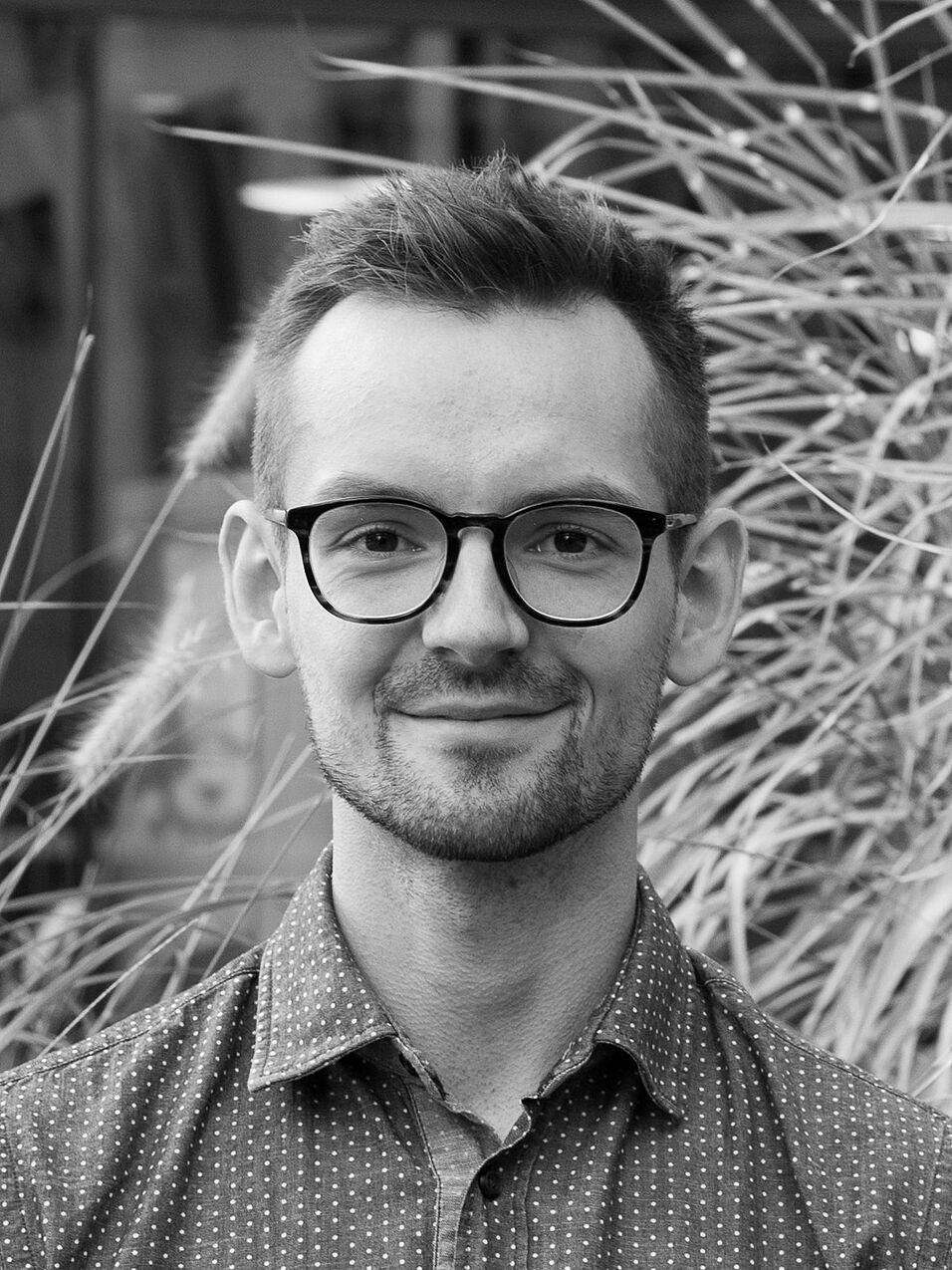In the project "Strategies, Images and Issues in Political TV Interviews 1981-2016"1 more than 19,000 statements by journalists and politicians from 125 episodes of "ORF Summer Talks" between 1981 and 2016 were analysed. The dataset is now available at AUSSDA. We asked Andreas Riedl, author of the study, for a short interview.
What is your study about?
It is a somewhat overused quote from Niklas Luhmann that we know everything we know about society through the media - but of course it is true and applies especially to politics. What citizens know about political processes and their representatives, they mostly learn through journalism - and in Austria television is still the number one contact point. Against this background, we have analysed all "ORF Summer Talks" since their first broadcast in 1981 - at that time under a different name - to 2016. We looked at all the individual statements of the party leaders interviewed each year and interviewers and analysed which topics were discussed, which strategies they used, and thus how the power of interpretation between journalism and politics was negotiated.
From your point of view, what is exciting about the study?
On the one hand, previous research has focused strongly on TV formats during election campaigns but, of course, programmes during government periods are also very interesting and instructive sources for finding out how the interaction of journalism and politics works in an "everyday mode". On the other hand, for the first time our dataset allows a time comparison over long 35 years during which the "Summer Talks" were broadcast in a comparable setting. Over several decades, of course, a lot has happened both in the media and political landscape, and for the first time our project can provide insight into how this affects the direct interactions of journalists and politicians.
Why do you make your data accessible?
Science relies on exchange, transparency and traceability and therefore it is a logical consequence to make datasets public – especially when it is funded by external funds, like this project that is funded by the city of Vienna. In addition, I think there is still a lot in this data that we have not yet been able to analyse, and we are happy if other researchers want to contribute to an even deeper understanding.
1 Initiated by Prof. Dr. Jens E. Tenscher (†)
- Mag. Andreas Riedl is a researcher at the Institute for Comparative Media and Communication Research of the Austrian Academy of Sciences and the Alpen-Adria-Universität Klagenfurt. There he works in the working group "Media, Politics & Democracy" under the lead of Dr. Josef Seethaler.

